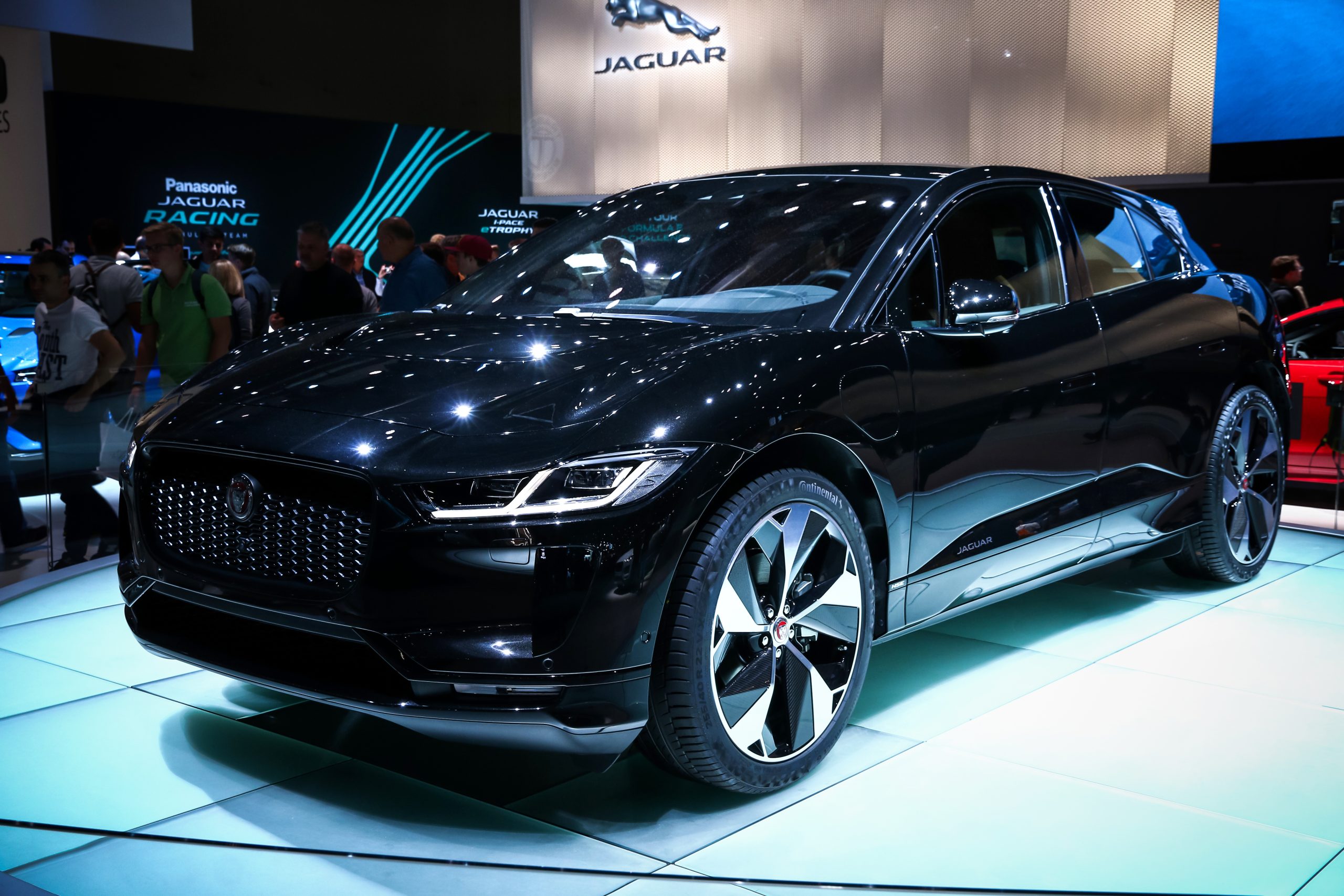A proposed class action lawsuit filed August 9 claims certain Jaguar electric cars have defective batteries that can overheat and catch fire.
According to the complaint, at issue are 2019-2024 model years of the Jaguar I-Pace. California resident Sharon Joyce, who brought the suit, claims Jaguar Land Rover North America, LLC (“Jaguar”) is liable for those vehicles’ battery systems, which have a “serious manufacturing and/or materials defect caused by thermal overload,” for which there is no fix.
Jaguar’s Alleged Knowledge and Remedies
Joyce contends Jaguar knew of the alleged battery system defect even before the manufacture and sale of the class vehicles. She claims Jaguar received its first report of a battery fire in June 2019, with additional battery fires reported through May 2023.
According to her complaint, in May 2023, Jaguar decided to recall all 2019-2024 Jaguar I-Pace vehicles, noting of 6,422 vehicles, an estimated 100% had the defect. The recall reportedly stated stated: “Vehicles have experienced thermal overload which may show as smoke or fire that may occur underneath the vehicle where high voltage traction battery is located. Investigations are continuing.” As further reportedly stated in the recall, owners of the vehicles were at risk of a “vehicle thermal overload condition such as fire or smoke can result in increased risk of occupant injury and/or injury to persons outside the vehicle, as well as property damage.”
In July 2023, Joyce alleges, Jaguar issued a consumer notification of Safety Recall H441: Battery Energy Control Module software update, noting warning signs including battery fault messages, popping sounds, burning smells, smoke, and flames. She says the notice identified remedies included a software update that would “monitor the battery pack assembly operational status that indicates where the battery contains conditions which may lead to overheating.” The update would also limit the battery charging capacity to 75%, and consumers were recommended to park and charge their vehicles outside.
The recall does not fix the defect, Joyce argues; it simply provides software to anticipate when the battery will catch fire.
Named Plaintiff and Proposed Class
Joyce alleges she bought a defective 2020 Jaguar I-Pace in July 2019 from a Carlsbad, California dealership. In September 2019, a repair facility allegedly noted that during the pre-delivery inspection, her vehicle showed reduced electric vehicle range, but there was no repair available. The next month, the repair facility allegedly advised her Campaign H247 was available for the reduced electrical vehicle range, but that was suspended in August 2019 to allow for further investigations.
In February 2020, she claims, a repair facility performed a software enhancement in Jaguar Campaign H264—designed to deliver up to 12 miles of additional range on a full charge—but about a year later, she experienced high voltage battery failure. Her vehicle would not start and the screens would not come on, she alleges, and it was towed for repair and multiple software systems updated. Then, in April 2023, she allegedly had another high voltage battery failure that left her stranded in the middle of a street and blocking others from exiting parking spaces. Her vehicle showed a battery fault light, other warning lights, then died. She says her vehicle was towed and both the startup and secondary batteries replaced; she then received the Safety Recall H441 notice in August 2023.
Joyce seeks to represent a class of:
All persons or entities in California who are current or former owners and/or lessees of 2019-2024 Jaguar I-Pace vehicles, and which were bought or used primarily for personal, family, or household purposes or bought or used primarily for business purposes by a person, including a partnership, limited liability company, corporation, association, or any other legal entity, to which not more than five motor vehicles are registered in California (“Class Members”).
Legal Claims
The complaint alleges violation of the California Consumers Legal Remedies Act and Unfair Business Practice Act, and breach of warranty and the covenant of good faith and fair dealing. The lawsuit asks the court for remedies including damages, attorney fees, and an order stopping Jaguar from selling the allegedly defective vehicles to its California dealerships.
The case is Sharon Joyce v. Jaguar Land Rover North America, LLC, case number 2:23-cv-04281, in the U.S. District Court for the District of New Jersey.





